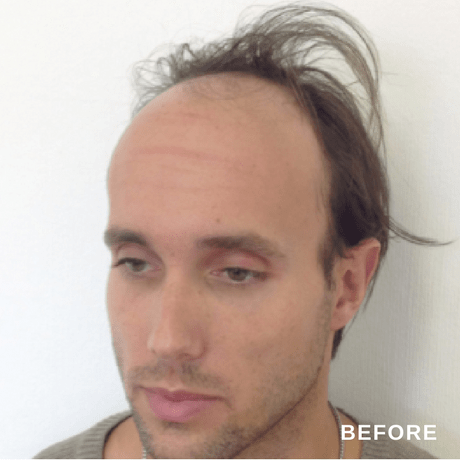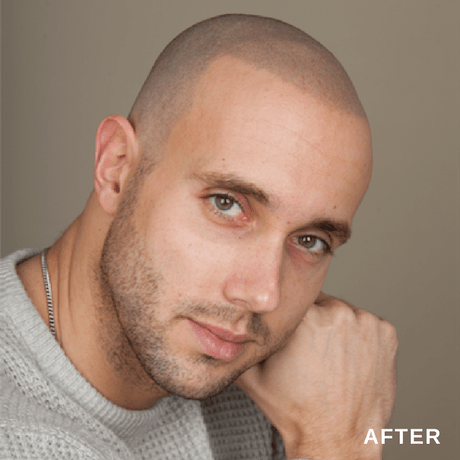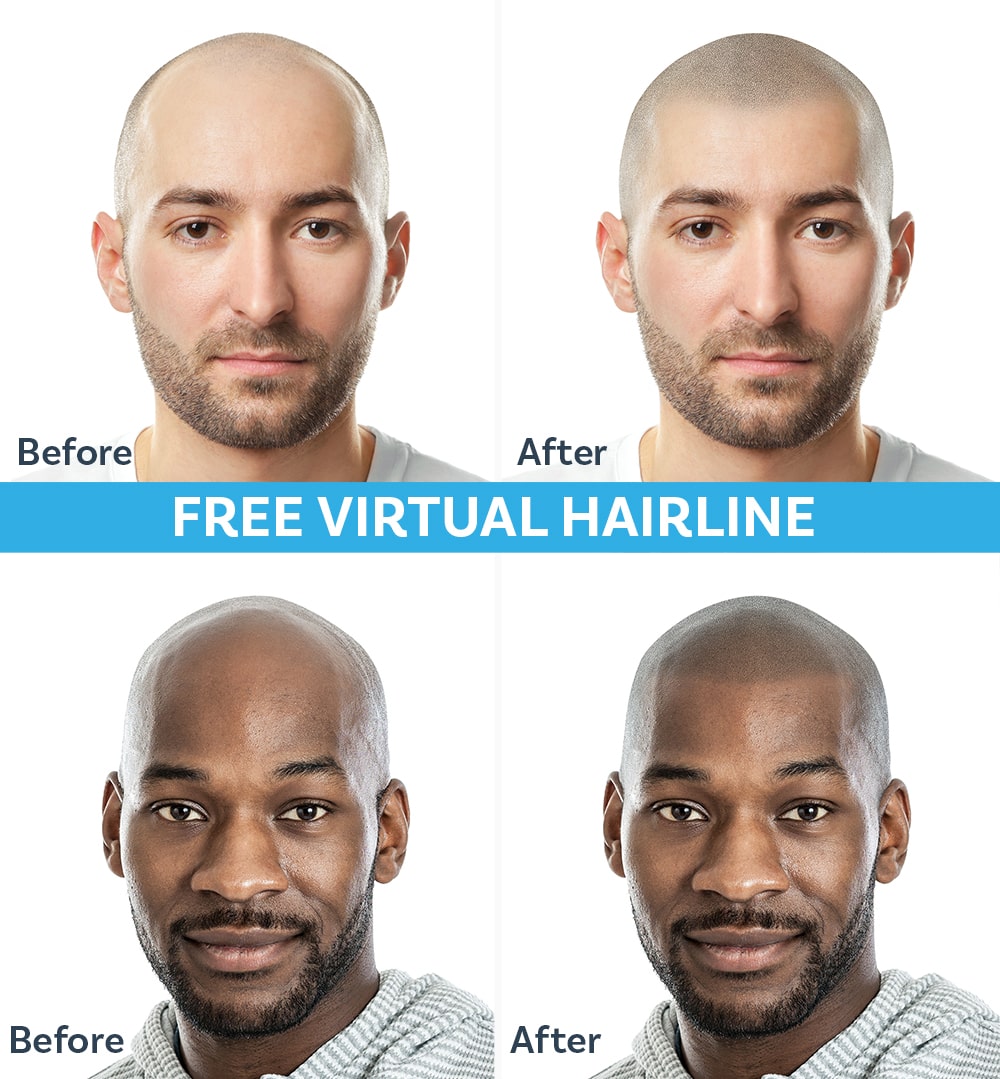What is the truth about hair loss medications? What are the side effects.
Hair loss medication has become one of the most common first-line treatments for pattern baldness. For many patients it works — but it is not risk-free. Understanding both the clinical benefits and the potential side effects is essential before starting treatment.
Most people only research treatments once their hair loss is advanced. In reality, the earlier you seek medical advice, the more options you typically have. Shedding 50–100 hairs per day is normal, but progressive thinning or recession may indicate androgenetic alopecia (pattern baldness). A GP or dermatologist should always be your first consultation point.
The Two Main Medications for Hair Loss
Doctors typically prescribe one or both of the following:
1. Minoxidil (Topical Treatment)
Applied directly to the scalp once or twice daily.
How it works
-
Improves blood flow to follicles
-
Prolongs the growth (anagen) phase
-
Thickens miniaturised hairs
Typical results
-
Slows hair loss in most men
-
Moderate regrowth in some users
-
Results visible after 3–6 months
Common side effects
-
Scalp irritation
-
Dryness or flaking
-
Initial shedding phase
Minoxidil is considered low risk because it acts locally on the scalp rather than hormonally.
2. Finasteride (Oral Medication)
Often prescribed under the brand name Propecia.
How it works
Finasteride blocks the enzyme 5-alpha-reductase, preventing testosterone converting into DHT — the hormone responsible for follicle miniaturisation in male pattern baldness.
Typical results
-
Stops hair loss in ~80–90% of men
-
Regrowth in a significant percentage
-
Most effective in crown & mid-scalp
Finasteride Side Effects
While many patients take the drug without issue, Finasteride has attracted increasing attention due to systemic (whole-body) hormonal effects.
Reported side effects include:
Sexual & Reproductive
-
Reduced libido
-
Erectile dysfunction
-
Abnormal ejaculation
-
Male infertility
-
Testicular discomfort
Physical
-
Breast tenderness or swelling
-
Swelling in hands or feet
-
Headaches
-
Dizziness
-
Skin rash or allergic reaction
Psychological
-
Low mood or depression
-
Brain fog (reported in some cases)
Most users experience no significant side effects, but the possibility must be understood before treatment.
Can Side Effects Continue After Stopping?
A small number of patients report persistent symptoms after discontinuing the medication — sometimes referred to as Post-Finasteride Syndrome (PFS). Research is ongoing, but reported long-term effects have included:
-
Persistent erectile dysfunction
-
Ongoing libido changes
-
Depression or anxiety symptoms
These cases appear uncommon, yet they are the primary reason doctors emphasise informed consent before prescribing.
Is Hair Loss Medication Worth It?
For many men, yes — especially in early-stage hair loss. Clinically, Finasteride remains one of the most effective treatments available for stabilising male pattern baldness.
However, it is a lifestyle decision, not just a cosmetic one.
You must consider:
-
You may need to take it indefinitely
-
Results reverse after stopping
-
There is a small but real risk of systemic side effects
Always discuss your medical history with a qualified doctor before starting treatment.
A Non-Drug Alternative: Scalp Micropigmentation
For patients who want predictable results without medication or surgery, Scalp Micropigmentation (SMP) provides a medical-grade cosmetic solution.
What it does
First, it replicates natural hair follicles using carefully matched pigment.
In addition, it creates the appearance of a fuller scalp or a clean, intentionally shaved head.
Moreover, it is effective for thinning areas, receding hairlines, and even visible scars.
Key advantages
Importantly, it requires no hormones.
Likewise, there is no need for ongoing medication.
As a result, you get immediate visual density after treatment.
Finally, the results are long-lasting, making it a low-maintenance solution over time.
Final Advice
Hair loss medications can be highly effective — but they are medical treatments that alter biological processes. Some patients benefit enormously, while others prefer a non-pharmaceutical approach.
The correct decision is not universal — it depends on your risk tolerance, stage of hair loss, and long-term goals.
If you want aesthetic improvement without systemic medication, modern cosmetic solutions now offer realistic, permanent-looking alternatives.
📍 Visit Skalp UK
📞 Book your consultation today
💬 Discover how scalp micropigmentation can restore your appearance—without surgery or medication
Top posts:
Scalp Micropigmentation Frequently Asked Questions
Shaving after SMP – Dos and Don’ts
Why stress can make you lose your hair
New Year, New You: 7 Everyday Winter Habits That Could Be Sabotaging Your Hair and Scalp Health




